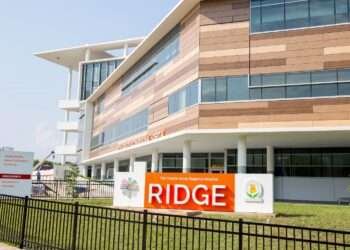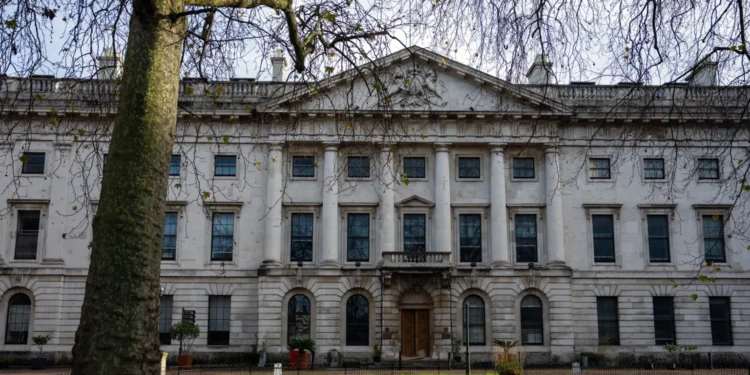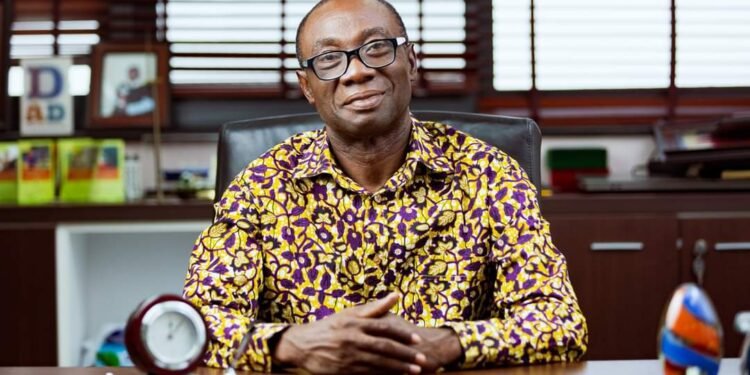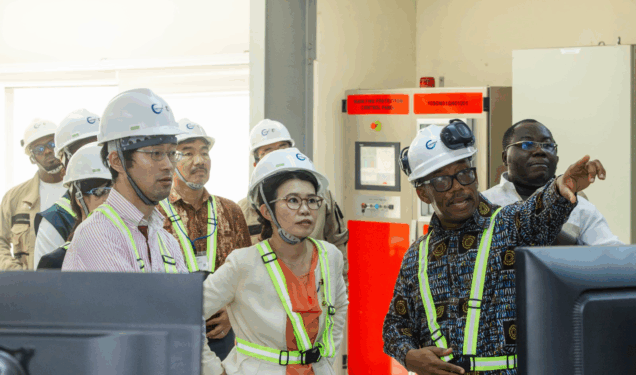In a country deeply divided by political loyalties and differing ideologies, Selorm Branttie, Vice President of the IMANI Centre for Policy and Education, has appealed to Ghanaians to face hard truths ahead of the December 7, 2024, general elections.
In a compelling argument, Selorm Branttie highlighted the financial setbacks the middle class endured and challenged the optimistic narratives often presented by Ghana’s political leaders. His words are not just a critique of current governance but a call for voters to reflect critically.
The Vice President of the leading policy think-tank, IMANI initial call is directed at salaried workers employed over the past decade, urging them to carry out a straightforward yet insightful task: examine the growth—or lack thereof—of their Tier 2 pension savings over the years.
“If you are a salaried worker on payroll and have been working for the last 10 years, please do this with me: Look at the total value of your Tier 2 contributions in 2016, 2019 and today; Convert the value in USD of the Tier 2 contributions in 2016, 2019 and Today.
“Imagine if you were to go on retirement now, how much would Tier 2 be in USD? Now, with all that information, IN ALL HONESTY TO YOURSELF, what will your action be on December 7th?”
Selorm Branttie, Vice President of IMANI Centre for Policy and Education
The figures in these accounts, Selorm Branttie hinted, tell a compelling story of declining purchasing power, diminished savings, and an uncertain future for many who once had faith in promises of economic prosperity.
Selorm Branttie’s appeal to review Tier 2 contributions compels voters to face a tangible reality in a country where economic statistics can sometimes feel abstract. It’s an invitation to reconsider past choices and think carefully about upcoming decisions.
He made it clear that this isn’t about loyalty to the New Patriotic Party (NPP), the National Democratic Congress (NDC), or any other political group; it’s about examining whether current and future leaders are genuinely capable of securing a stable economic future for the average Ghanaian.
The Withering of the Middle Class
Selorm Branttie’s second point broadened the focus, recounting the evolution of the middle class over the past eight years. He recalled a time nearly a decade ago when there was hope among a growing middle class eager to solidify their economic position.
A “centre-right party,” he noted, won the trust of many with promises of economic resilience, wealth creation, and sustained growth, however, according to Selorm Branttie, those hopes were dashed.
Rather than fostering an environment where businesses could thrive and generate wealth sustainably, he accused that party—implied to be the NPP—of creating “a crony economy for themselves and their family members.”
The impact, he argued is clear: the middle class that once sought economic empowerment has instead seen its potential for capital growth, job creation, and wealth accumulation crushed by mismanagement and nepotism.
Populism and Short-Term Solutions
Selorm Branttie’s frustration is evident when he spoke about the shift from genuine economic reforms to populist measures. “Today, they seek votes through populist policies and the distribution of free goods to those they have impoverished,” he said, underscoring the discontent of a public accustomed to seeing quick, short-lived fixes become the norm in politics.
These tactics may garner votes but fail to address the long-term damage inflicted on an economy once brimming with potential. As the December 7th election approaches, Selorm Branttie’s statements come as a moral appeal, encouraging voters to take a step back, assess their current situation, and question whether the current trajectory is sustainable for themselves and their children.
For Selorm Branttie, Tier 2 contributions are more than just figures; they symbolize the real state of economic progress and cast doubt on the pledges made by those in authority, stressing that the elections should transcend party loyalty or the lure of attractive new promises.
He called for a candid moment of reflection—where Ghanaians base their decisions on personal experiences and weigh whether their leaders have genuinely improved their lives and prepared a foundation for a better future.
Selorm Branttie’s observations cut through campaign rhetoric and party agendas, addressing the true socio-economic realities of Ghana. His challenge is not without risk; it may provoke anger, stir debate, and invite criticism.
However, it is rooted in an undeniable truth: the state of one’s savings, the prospects for one’s future, and the well-being of one’s family are paramount. These are the measures by which leadership should be evaluated and held accountable.
READ ALSO: AGI Calls for Targeted Policies to Accelerate Ghana’s Industrialisation























